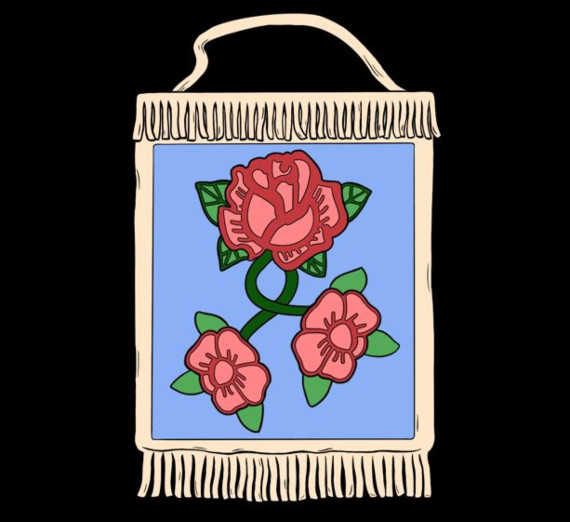Event Details
Date & Time
Wednesday, Nov 02, 2022 6:00 PM
Event Link
Department
Native American Studies
Cost
Free
About This Event
Presented by Chad S. Hamill/čnaq’ymi (Spokane Descendent) This event is free and open to the public. Tickets are available here and will also be available at the door.
For millennia, the waterways of the Columbia Plateau have shaped the lifeways of its people, providing sustenance and an ecological framework for social engagement and cohesion. Not long after the Lewis and Clark expedition made its way through the Plateau, that framework was methodically disassembled. The treaties of the mid 19th century severely limited the movement of Plateau tribes, leading to fixed and stagnant communities. The dams curtailed the natural movement of the rivers, obstructing salmon and poisoning the lifeblood of the People.
With a blend of music, visual imagery, storytelling, and research, this piece of holistic scholarship will utilize Coyote stories about the Columbia River and its tributaries as a springboard for examining the current state of river health. In addition, it will explore the ways in which Native nations in the region have exercised resilience and resistance in maintaining their relationship with our ancestral homelands. Emphasizing traditions not dissimilar from those in other Indigenous communities, the objective will be to illuminate perspectives that take on added urgency in the era of climate change.
Chad S. Hamill/čnaq’ymi’s scholarship is focused on song traditions of the Interior Northwest, including those carried by his Spokane ancestors. In addition to his book, Songs of Power and Prayer in the Columbia Plateau, he has produced numerous articles centered on Columbia Plateau songs and ceremony, exploring topics ranging from sovereignty to Indigenous ecological knowledge. Prior to his role as Vice President for Native American Initiatives at Northern Arizona University, Hamill served as Chair of the Department of Applied Indigenous Studies at NAU and as Chair of the Indigenous Music Section of the Society for Ethnomusicology. Currently, he is Executive Director of Indigenous Arts and Expression at California Institute of the Arts and is Vice President and Treasurer of the Spokane Language House, a 501c3 that contributes to the sustainability of the Spokane language.
This program is presented by Native American Studies and sponsored in part by the Robert K. and Ann J. Powers Chair of the Humanities. Art caption: Artwork by Emma Noyes (Sinixt), created in commemoration of 10 years of Native American Studies at Gonzaga

